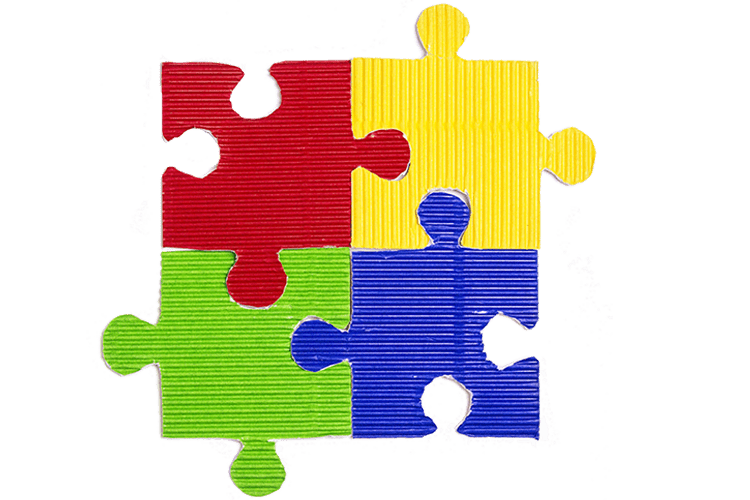Is My Child Autistic
Understanding Autism Spectrum Disorder (ASD)
Autism Spectrum Disorder (ASD) is a developmental disorder that affects communication, behavior, and social interaction. Children with ASD may exhibit a wide range of symptoms and abilities, which can vary greatly from one individual to another. Early identification and intervention are crucial for improving outcomes for children with ASD.
Signs to Watch For
Recognizing the signs of ASD early can lead to timely intervention and support. Here are some key indicators that your child may benefit from therapy:
- Communication Difficulties
- Delayed speech and language development.
- Difficulty starting or maintaining conversations.
- Repetitive or unusual use of language (echolalia).
- Limited use of gestures such as pointing or waving.
- Social Interaction Challenges
- Limited eye contact or difficulty understanding social cues.
- Preference for solitary play or difficulty making friends.
- Lack of interest in playing “pretend” games.
- Difficulty understanding or expressing emotions.
- Behavioral Patterns
- Repetitive behaviors such as rocking, spinning, or hand-flapping.
- Strong need for routine and distress over changes in routine.
- Intense interests in specific topics or objects.
- Sensory sensitivities, such as aversion to certain sounds, textures, or lights.
- Cognitive and Learning Differences
- Uneven skill development (e.g., advanced skills in some areas and delays in others).
- Difficulty with problem-solving and abstract thinking.
- Challenges with executive functioning, including planning and organization.
What to Do if You Notice These Signs
If you observe any of these signs in your child, it’s important to seek a professional evaluation. Early diagnosis and intervention can make a significant difference. Here are the steps you can take:
- Consult with Your Pediatrician
- Share your observations and concerns with your child’s doctor. They can perform an initial screening and refer you to a specialist for a comprehensive evaluation.
- Seek a Professional Evaluation
- A thorough assessment by a pediatric psychologist, psychiatrist, or developmental pediatrician is essential for an accurate diagnosis.
- Develop an Individualized Therapy Plan
- Based on the evaluation, professionals can recommend a tailored therapy plan that addresses your child’s specific needs and strengths.
- Engage in Therapeutic Activities
- Therapies such as Applied Behavior Analysis (ABA), speech therapy, occupational therapy, and social skills training can support your child’s development.
How Pediatric Therapy Can Help
Pediatric therapy offers a range of benefits for children with ASD:
- Improved Communication Skills: Speech therapy can help children develop effective communication skills, both verbal and non-verbal.
- Enhanced Social Interaction: Social skills training can teach children how to interact appropriately with peers and adults.
- Behavioral Support: ABA therapy can reduce challenging behaviors and promote positive behaviors through structured interventions.
- Sensory Integration: Occupational therapy can help children manage sensory sensitivities and improve their ability to participate in everyday activities.
Take the Next Step:
If you have concerns about your child’s development or suspect they may have ASD, don’t hesitate to reach out to us. Our team of experienced pediatric therapists is dedicated to providing comprehensive support and personalized therapy to help your child thrive.

